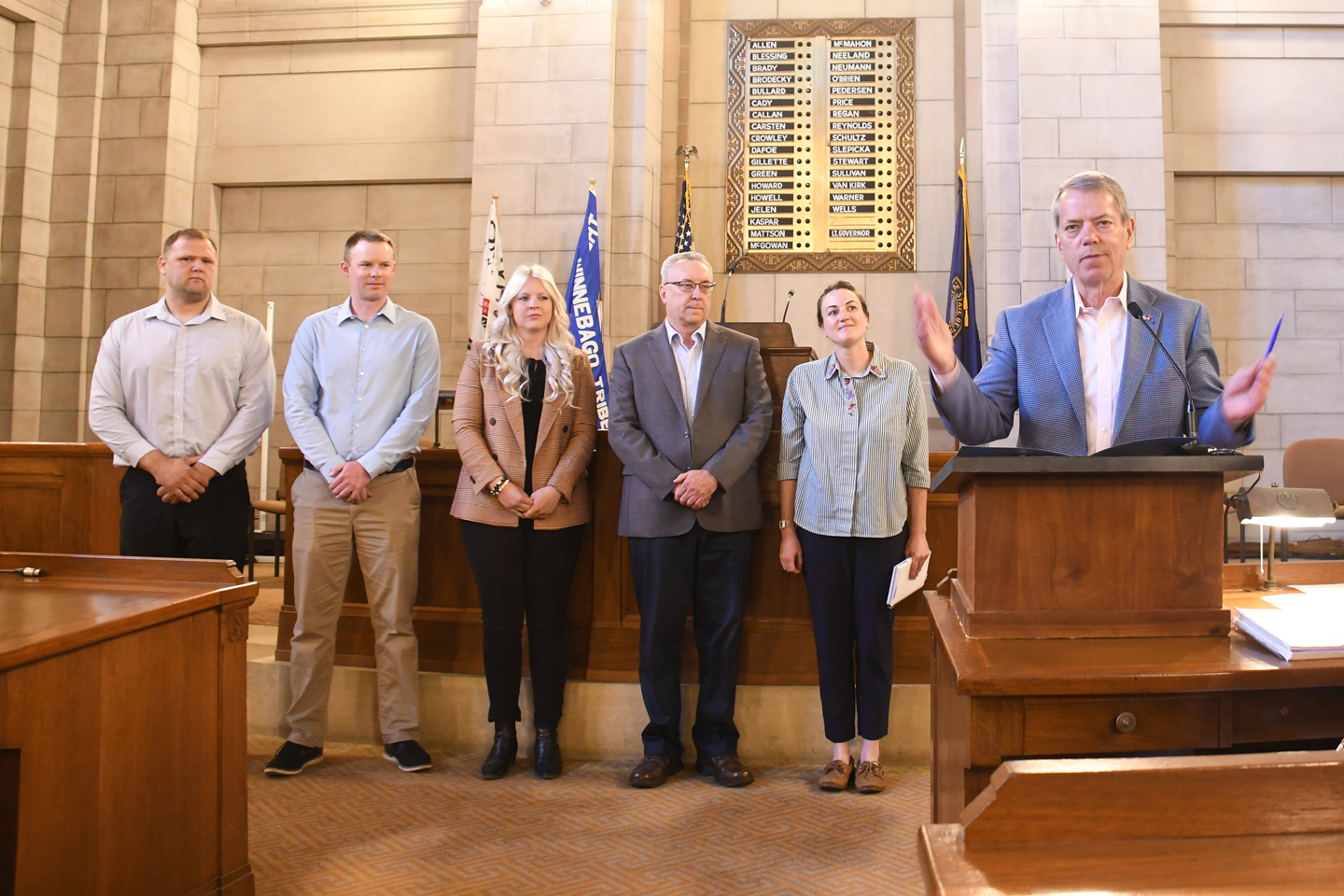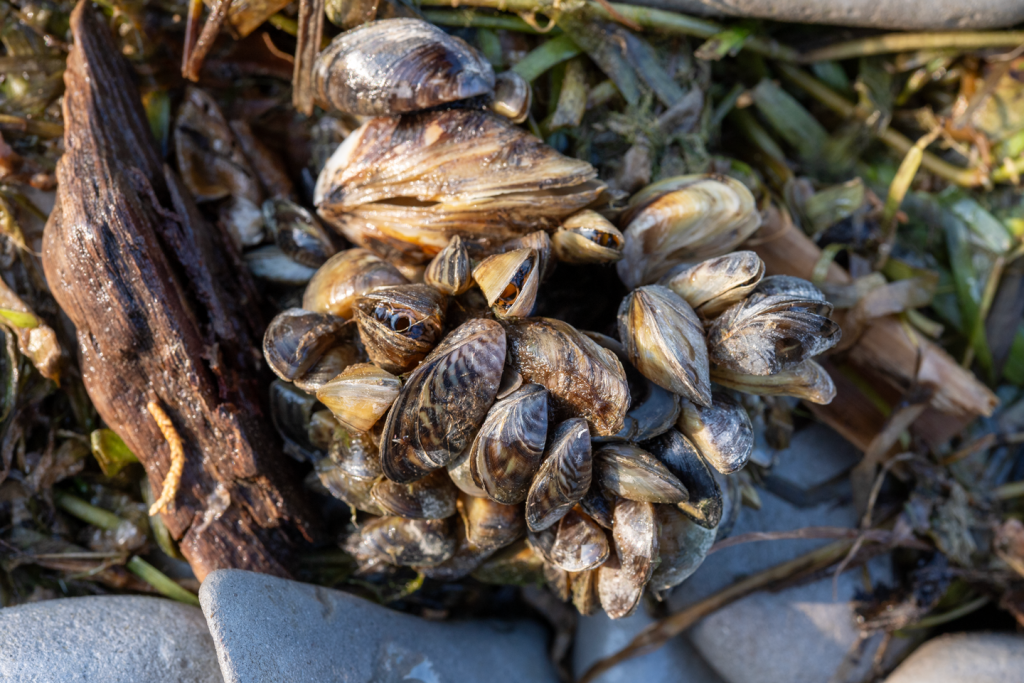Oct 2, 2025
Commissioners to consider sportfishing orders
They will take up these potential fishing changes at their meeting Oct. 10 at Niobrara State Park.

Nebraskans are encouraged to learn about invasive species after Gov. Jim Pillen signed a proclamation May 13 designating awareness days for the state.
The days recognize the harm invasive species can play on the state’s economy and natural resources and Nebraskans’ role in preventing their spread.
“We’re grateful Gov. Pillen has shared how essential it is to prevent invasive species across our state,” said Jena Paugels, Aquatic Invasive Species Biologist for Nebraska Game and Parks. “Invasive species affect every Nebraskan, and it’s our duty together to prevent their spread to protect our wildlife and our state’s economy.”
The awareness days, starting May 26, will offer opportunities to learn about Nebraska’s invasive species and their impact on the state.
A series of webinars will be May 26 to 30, and an in-person event, “Know Your Nebraska Invasives Day,” will be from 10 a.m. to 1 p.m. May 31 at Pawnee State Recreation Area in Lancaster County.
Activities and workshops are designed for all ages; learn more through the event listings at Calendar.OutdoorNebraska.gov.
Nebraska has designated 36 aquatic invasive and noxious species threats, and 89 land-based invasive and noxious species threats. Invasive species are plants or animals that are not native to the state and which pose a risk to people or native species once introduced. They are spread by humans.
Nebraska’s commonly known invasive species include zebra mussels, Eurasian watermilfoil, musk thistle and salt cedar.
Invasive species outcompete native ones for food and habitat, quickly destroying ecosystems, including agricultural land and Nebraska’s wild spaces. To eradicate invasive species or prevent their spread can cost Nebraska millions of dollars annually.
The proclamation was submitted by Nebraska Game and Parks Commission in partnership with the Nebraska Invasive Species Council.
“Partnership among agencies and with the public is our greatest weapon against invasive species,” said Shannon Smith, Nebraska Invasive Species Council coordinator. “We want every Nebraskan to realize that they’re part of the solution when it comes to invasive species and to help protect the natural spaces we love.”
To learn more about the Nebraska Invasive Species Council, visit NEinvasives.com. To learn more about invasive species in Nebraska, visit OutdoorNebraska.gov and search for “invasive species.”

As many Nebraskans return to the water to enjoy boating for the summer, the Nebraska Game and Parks Commission urges them to be wary of pesky hitchhikers that invade the state’s waters and do their part to prevent their spread.